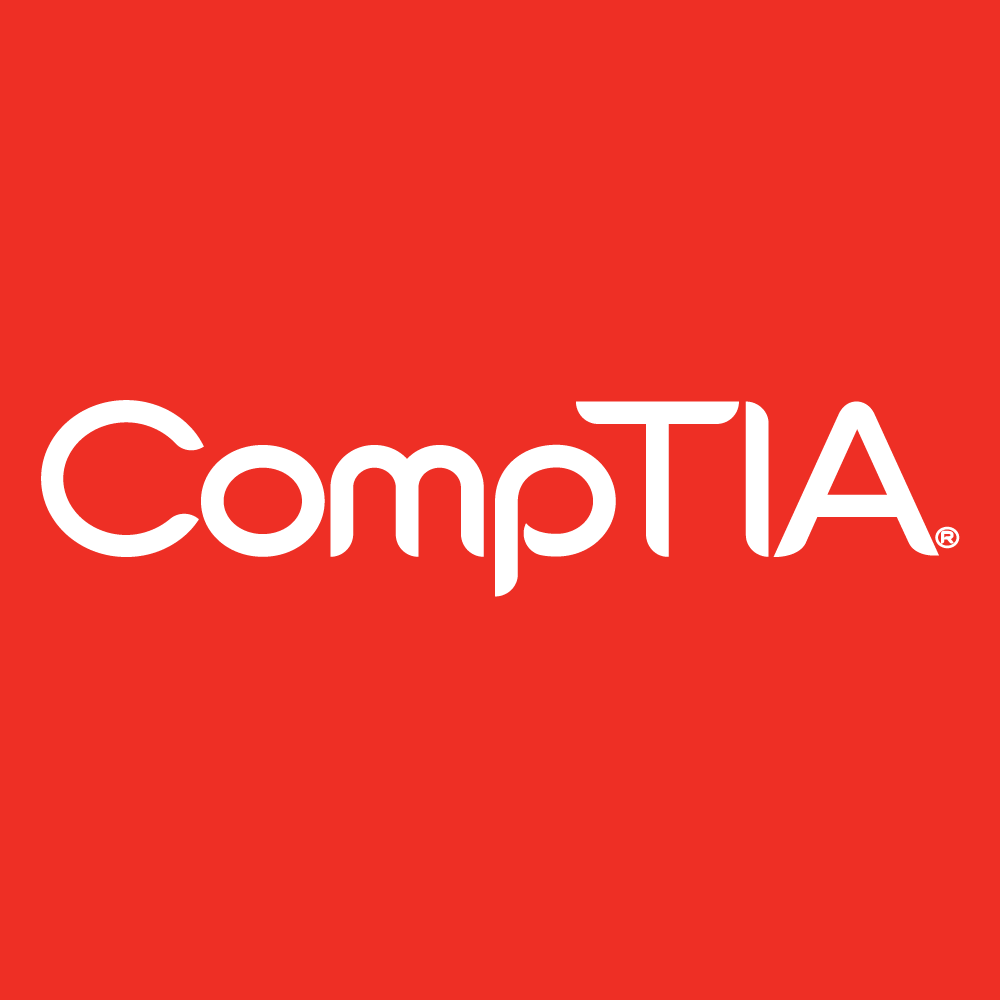How Middle Managers Contribute To A Thriving Company Culture And Productive Workforce

Table of Contents
Fostering a Positive and Inclusive Company Culture
Middle managers are not just supervisors; they are culture shapers. Their actions and interactions significantly influence the overall employee experience and contribute directly to a positive and inclusive work environment.
Leading by Example
Middle managers embody the company culture. Their actions and attitudes significantly influence their teams. They need to walk the walk, not just talk the talk.
- Demonstrate positive behaviors: This includes consistent collaboration, showing respect for all team members, promoting a healthy work-life balance, and practicing open and honest communication. Leading by example builds trust and fosters a positive atmosphere.
- Promote diversity and inclusion: Creating a truly inclusive environment requires active effort. Middle managers should champion diversity initiatives, ensure fair treatment for all employees regardless of background, and actively challenge any biases within their teams. This leads to increased creativity and innovation.
- Champion employee well-being: Prioritizing mental health and work-life integration is crucial. Middle managers should encourage breaks, time off, and open communication about workload and stress levels. A healthy workforce is a productive workforce.
Effective Communication and Feedback
Open communication is the lifeblood of a healthy work environment. Middle managers play a vital role in ensuring information flows freely and effectively.
- Regular team meetings: Consistent, well-structured meetings provide updates, allow for two-way communication, and create a space to address team concerns proactively.
- Constructive feedback mechanisms: Regular performance reviews and informal check-ins are essential for providing feedback, recognizing achievements, and addressing areas for improvement. Constructive criticism, delivered with empathy, is key.
- Transparent communication: Keeping teams informed about company news, changes, and challenges fosters trust and reduces uncertainty. Transparency builds loyalty and commitment.
Building Strong Team Relationships
Strong team relationships are the foundation of a productive and engaged workforce. Middle managers are instrumental in fostering these relationships.
- Team-building activities: Organizing social events and collaborative activities can build camaraderie and strengthen bonds among team members.
- Mentorship and coaching: Investing time in mentoring and coaching team members not only improves individual performance but also strengthens the team as a whole. Mentorship builds loyalty and encourages internal development.
- Conflict resolution skills: Effective middle managers possess strong conflict resolution skills, capable of addressing disagreements constructively and fairly, preventing conflicts from escalating.
Driving Employee Productivity and Performance
Middle managers are directly responsible for translating organizational goals into tangible results through the performance of their teams.
Setting Clear Expectations and Goals
Productivity begins with clarity. Middle managers must ensure everyone understands their roles and responsibilities.
- SMART goals (Specific, Measurable, Achievable, Relevant, Time-bound): Setting SMART goals ensures everyone is working towards the same objectives with a clear understanding of success.
- Regular progress reviews: Tracking progress and providing regular feedback keeps projects on track and allows for adjustments as needed. This demonstrates active management and support.
- Delegation and empowerment: Effective delegation not only lightens the manager's workload but also empowers team members, fostering a sense of ownership and responsibility.
Providing Resources and Support
Middle managers are responsible for ensuring their teams have the necessary tools, resources, and support to succeed.
- Access to technology and information: Providing the right technology and access to relevant information is crucial for efficient workflow and problem-solving.
- Training and development opportunities: Investing in employee growth through training programs, workshops, and mentorship creates a more skilled and engaged workforce.
- Mentoring and coaching: Providing individual guidance and support helps employees develop their skills and reach their full potential.
Recognizing and Rewarding Performance
Recognizing and rewarding achievements is crucial for boosting morale and motivating employees to perform at their best.
- Regular recognition of achievements: Acknowledging both individual and team successes, both big and small, fosters a sense of accomplishment and appreciation.
- Performance-based rewards: Incentivizing employees to exceed expectations through bonuses, promotions, or other rewards boosts motivation and productivity.
- Opportunities for advancement: Providing clear career pathways and opportunities for professional growth increases employee retention and engagement.
Championing Employee Engagement and Development
Engaged employees are productive employees. Middle managers play a key role in fostering a culture of engagement and continuous development.
Creating a Growth Mindset
Encouraging continuous learning and development is crucial for long-term success.
- Provide opportunities for skill enhancement: Offer workshops, training programs, and mentorship to help employees upskill and develop new competencies.
- Support employee career aspirations: Help team members identify and pursue their professional goals, creating a sense of purpose and investment in their future.
- Encourage innovation and creativity: Create a safe space for employees to share ideas, experiment, and contribute to improvements, fostering a culture of innovation.
Promoting Work-Life Balance
A healthy work-life balance is essential for employee well-being and productivity.
- Encourage time-off and breaks: Promoting healthy work habits, including taking breaks and utilizing vacation time, helps prevent burnout.
- Flexible work arrangements: Where possible, offering flexible schedules or remote work options can improve employee satisfaction and productivity.
- Address burnout proactively: Identifying signs of stress and offering support, such as access to employee assistance programs, is crucial for maintaining a healthy workforce.
Open Communication Channels
Open and honest communication is vital for fostering engagement and addressing concerns promptly.
- Regular check-ins: Monitoring employee well-being and performance through regular check-ins allows for early intervention if needed.
- Anonymous feedback mechanisms: Enabling employees to voice concerns without fear of retribution fosters trust and open communication.
- Active listening skills: Paying close attention to employee feedback and concerns demonstrates respect and helps address issues effectively.
Conclusion
Middle managers are indispensable in building a thriving company culture and a productive workforce. By fostering a positive and inclusive environment, driving employee performance, and championing employee engagement and development, middle managers directly impact an organization's overall success. Investing in the development and training of middle managers is an investment in the future of your company. Embrace strategies that empower your middle managers to excel in their roles and watch your company culture and workforce productivity flourish. Implement these strategies to effectively leverage the power of your middle managers and build a high-performing, engaged organization. Remember, strong middle managers are the backbone of a thriving company culture and a productive workforce.

Featured Posts
-
 Colis Reutilisables Hipli Optimisez Vos Expeditions Et Reduisez Votre Impact
Apr 23, 2025
Colis Reutilisables Hipli Optimisez Vos Expeditions Et Reduisez Votre Impact
Apr 23, 2025 -
 Radno Vrijeme Trgovina Za Uskrs I Uskrsni Ponedjeljak
Apr 23, 2025
Radno Vrijeme Trgovina Za Uskrs I Uskrsni Ponedjeljak
Apr 23, 2025 -
 Boeing Sells Jeppesen To Thoma Bravo 5 6 Billion Deal
Apr 23, 2025
Boeing Sells Jeppesen To Thoma Bravo 5 6 Billion Deal
Apr 23, 2025 -
 Alerte Trader Decrypter Les Seuils Techniques Des Marches
Apr 23, 2025
Alerte Trader Decrypter Les Seuils Techniques Des Marches
Apr 23, 2025 -
 Die 50 Zweite Staffel Teilnehmer Streaming Optionen Und Ausscheiden
Apr 23, 2025
Die 50 Zweite Staffel Teilnehmer Streaming Optionen Und Ausscheiden
Apr 23, 2025
